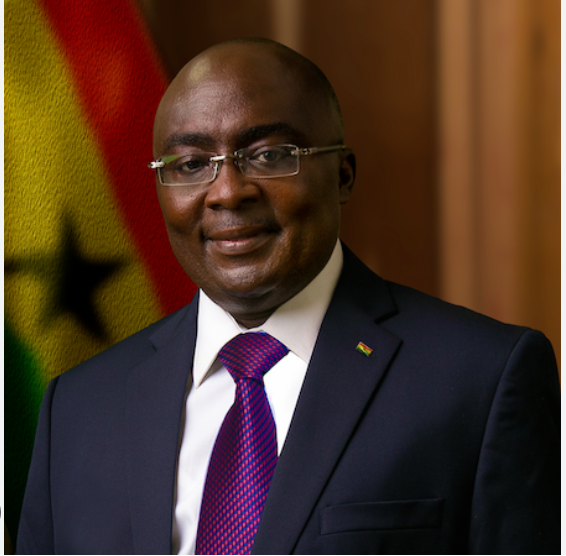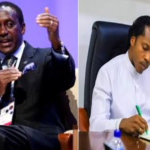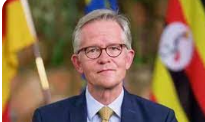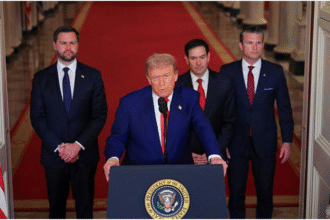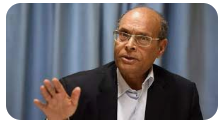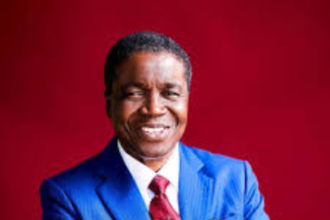Accra, Ghana – Following a significant shift in the political landscape, questions are swirling around the future of former Vice President Dr. Mahamudu Bawumia. After serving two terms as second-in-command, and a highly publicized bid for the presidency that ultimately fell short, many are wondering if Bawumia can successfully navigate the complexities of post-election life and stage a political comeback.
Bawumia, the New Patriotic Party’s (NPP) former flagbearer, ran a campaign focused on economic transformation and technological advancement. While his economic credentials resonated with some, he faced an uphill battle against a populace grappling with inflation, unemployment, and perceived corruption.
Political analysts suggest that several factors will determine whether Bawumia can engineer a successful return.
“The immediate future depends on his next strategic moves,” explained Professor Ama Serwaa, a political science lecturer at the University of Ghana. “Does he take on an active role within the NPP, working to rebuild the party and offering constructive criticism? Or does he take a step back to re-energize and perhaps pursue other avenues, such as academia or international development, before potentially throwing his hat back in the ring?”
Adding to the complexity is the internal dynamics within the NPP. The party is currently undergoing a period of introspection and potential leadership changes following the recent election outcome. Bawumia’s relationship with key figures and factions within the party will be crucial in shaping his future prospects.
“He needs to carefully assess the mood of the party and identify where he can best contribute to its future success,” stated Kwesi Atta, a political commentator. “Building bridges and fostering unity will be paramount.”
Beyond internal party considerations, Bawumia’s public perception will also play a major role. He will need to address criticisms leveled against him during the campaign and demonstrate his ability to learn from past experiences. Engaging in constructive dialogue and showcasing a renewed commitment to addressing the nation’s challenges could help him regain public trust and support.
There are examples of former Vice Presidents who have successfully transitioned back into prominent political roles, both in Ghana and internationally. However, the path to a successful comeback is rarely straightforward and requires careful planning, strategic execution, and a degree of good fortune.
Ultimately, whether Dr. Mahamudu Bawumia can orchestrate a successful return to the forefront of Ghanaian politics remains to be seen. His actions in the coming years will be closely watched, not just by his supporters and detractors, but by anyone interested in the ever-evolving landscape of Ghanaian politics. The question remains: Can the former Vice President rise again? Only time will tell.


